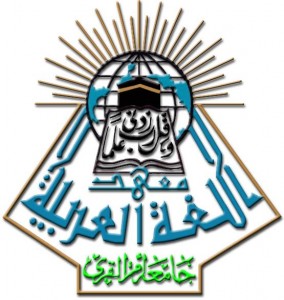In the Name of Allaah, the All Merciful, the Ever Merciful…
As reported by Ibn ‘Abbaas (may Allaah be pleased with him) and collected in the most authentic Hadeeth sources like al-Bukhaaree and Muslim, the Prophet (may Allaah raise his rank and grant him peace) forbade believing women from traveling without a mahram.
A mahram is a woman’s close male family member, like her father, grandfather, son, grandson, brother, or uncle.
Traveling means to leave one’s city, by a distance considered according to local customs to be a journey, not just normal daily movement around and outside of the borders of one’s city.
In the West, a woman often accepts Islaam and thereafter faces the difficulty of being the only Muslim in her family. She may ask: How am I to implement this hadeeth? Since my immediate male relatives are disqualified from being my walee (guardian) in a marriage contract, are they also disqualified from being my mahram during a journey?
This issue was recently addressed by Shaykh Muhammad ‘Umar Baazmool (may Allaah preserve him), Professor of Higher Studies at Umm al-Qura University in Makkah. He stated: Continue reading

